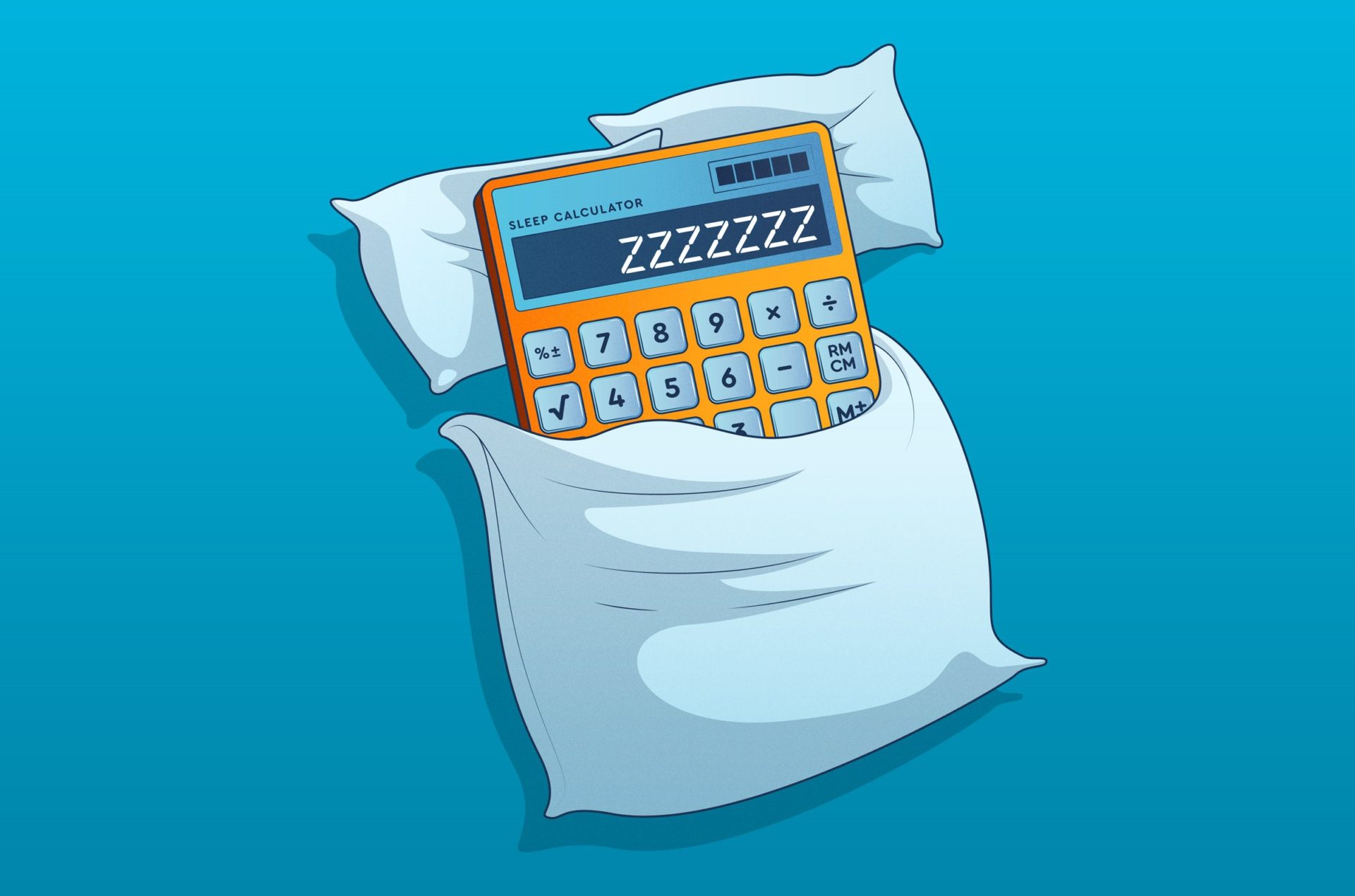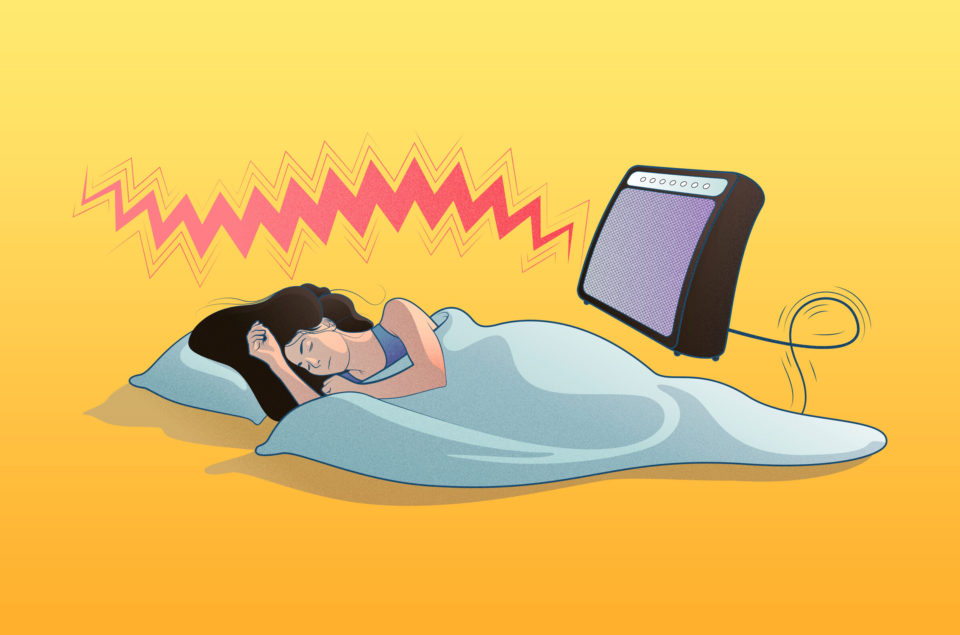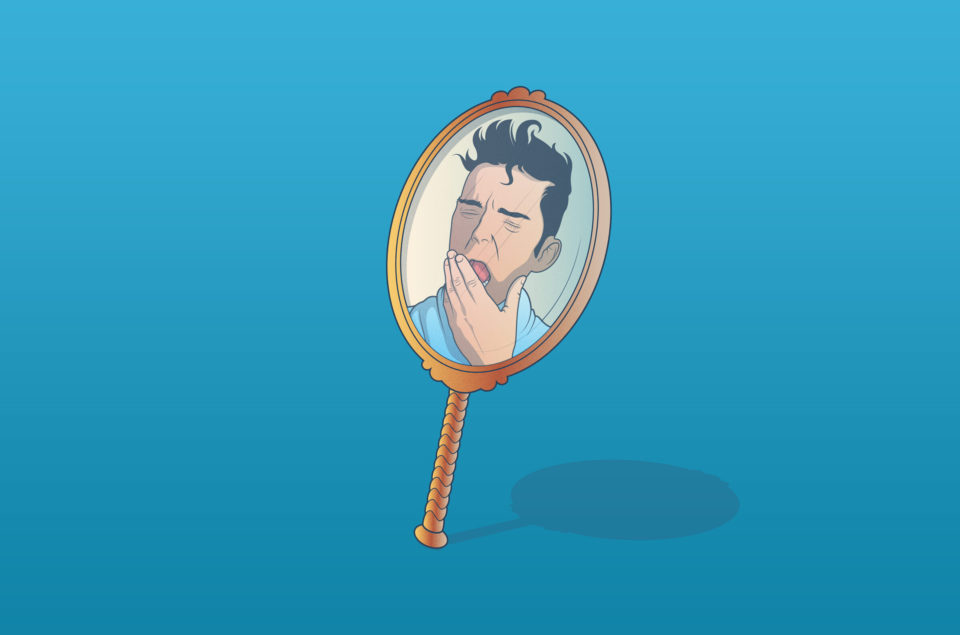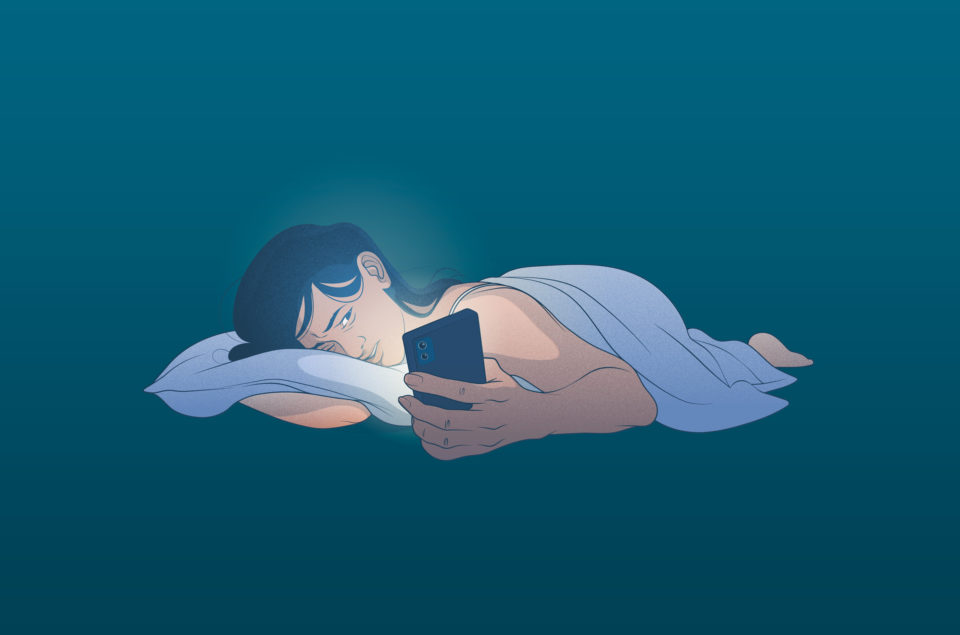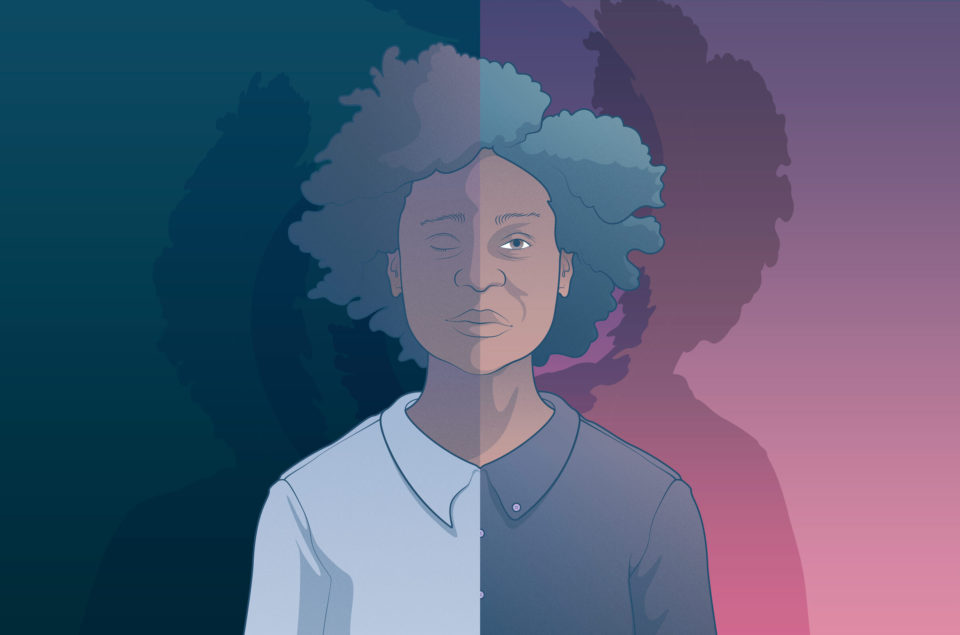Some of us get 8 hours of sleep and are still dragging, while some wake up feeling refreshed after less than 5 hours of snoozing. This begs the question: how much sleep do you really need? How can you find the magic number that restores and energizes you?
Your age, your health, your physical activity levels, and your medications all influence the amount of sleep your body demands. Let’s explore the general recommendations from the brightest in health, then help you determine if you need a little extra.
In this article, we will cover:
- is 6 hours of sleep enough? How much sleep is recommended?
- Signs that you’re not getting enough sleep
- Good sleep is not just about the number of hours
- Tips on how to get the sleep you need
Is 6 hours of sleep enough? How much sleep is recommended?
The Center for Disease Control (CDC) and the National Sleep Foundation agree that how much sleep you need changes as you age. To determine how much sleep each age group should be getting, sleep experts and panelists pored over validated research and evidence, ultimately reaching a consensus on recommended sleep times.
| Age Group | Age | Recommended hours of sleep per day |
| Newborn | 0–3 months | 14–17 hours |
| Infant | 4–12 months | 12–16 hours (including naps) |
| Toddler | 1–2 years | 11–14 hours (including naps) |
| Preschool | 3–5 years | 10–13 hours (including naps) |
| School Age | 6–12 years | 9–12 hours |
| Teen | 13–18 years | 8–10 hours |
| Adult | 18–60 years | 7 or more hours |
| Older Adult | 61–64 years | 7–9 hours |
| Senior | 65 years and older | 7–8 hours |
These guidelines and recommendations were made for healthy individuals and are meant to serve as a general rule-of-thumb. Everyone is different, some people need more than these ranges, and some can get away with less. You can determine how much sleep you really need by listening to your body and consulting a medical professional.
Sleep calculator – Example with bedtime and wake up time
So for example, for a healthy 18-60-year-old adult who feels rested, refreshed and ready for the day after 7.5 hours of sleep, a sleep calculator would look something like this (always allowing at least 15-20 minutes to fall asleep and taking into account the awakening window from Sleep Cycle’s smart alarm):
| Bedtime (7.5 hours of sleep – 5 sleep cycles) | Wake up time |
| 9:15 p.m. | 5 a.m. |
| 9:45 p.m. | 5:30 a.m. |
| 10:15 p.m. | 6 a.m. |
| 10:45 p.m. | 6:30 a.m. |
| 11:15 p.m. | 7 a.m. |
| 11:45 p.m. | 7:30 a.m. |
| 12:15 a.m. | 8 a.m. |
| 12:45 a.m. | 8:30 a.m. |
| 1:15 a.m. | 9 a.m. |
Signs that you’re not getting the sleep you need
Are you wondering whether you should be carving out more hours for sleep every night? Here are some warning signs that you could be sleep deprived:
- Lapses in attention
- Tiredness and fatigue throughout the day
- Irritability and worsened mood
- Impaired emotion regulation
- Feelings of sadness and depression
- Withdrawal, self-isolation and less sociability
- More frequent errors and mistakes
- A strong need to catch up on sleep when given the opportunity (can sleep anywhere, anytime)
These symptoms could vary in scope and intensity depending on the nature and length of sleep deprivation. Other factors or conditions could also be the cause. If you’re experiencing any of these, contact a doctor for a professional diagnosis.
Factors that may mean you need more sleep than the recommended number of hours
- Prolonged sleep deprivation
- Intense physical activity
- Select medical and mental health conditions
- Some sleep disorders
- Genetic predisposition
- Certain medications
Keep in mind, it’s not just about the number of hours
The number of hours you sleep is certainly an important part of a good night’s sleep, but it is a part of a much larger puzzle. Sleep educator Frida Rångtell, Ph.D. says, “In general, sleep time can give us useful information about how we could improve our sleep, but it’s not everything, sleep is much more than that.” Rångtell advocates that “good” sleep is also shaped by:
- Sleep quality and the composition of the sleep stages during the night.
- Insufficient sleep (despite logging the recommended hours) due to recurring wake-ups, snoring and sleep apnea, etc.
- How regular we keep our sleep times – the more regularity the better!
- How we perceive our sleep, if we worry a lot about sleep and if we feel a lot of anxiety before going to bed or while lying in bed.
- Sleep efficiency (the percentage of time spent sleeping vs. time spent in bed).
“It is easy to focus a lot on the number of hours,” Rångtell shares, “But too much focus on sleep duration can make it even harder to fall asleep. Stress about sleep and sleep duration is not a great start to a good night’s sleep.”
Once you know how much sleep you need, make sure you can get it
Getting the recommended number of hours of sleep is easier said than done. Just because you know you have to wake up at 7 AM does not mean you’ll be able to magically fall asleep at 11 PM. Try to remove the pressure of having to fall asleep at the “right” time and instead develop a bedtime routine that puts you in a relaxed mindset to drift off to sleep. Activities that can help you get or know how much sleep you need include:
- Listening to calming Sleep Aid from the Sleep Cycle app: soundscapes, stories, ASMR, and music.
- Meditating
- Disconnecting from electronics at least an hour before bed
- Keeping your bedroom dark and cool
- Exercising
- Going outside during the day- the sunlight can help reboot your circadian rhythm
Making sure your body gets the sleep it needs should be at the top of everyone’s priority list. Use the CDC recommendations as a general guideline and adjust if those hours aren’t cutting it. According to our sleep calculator, you + sleep = something you can count on!
